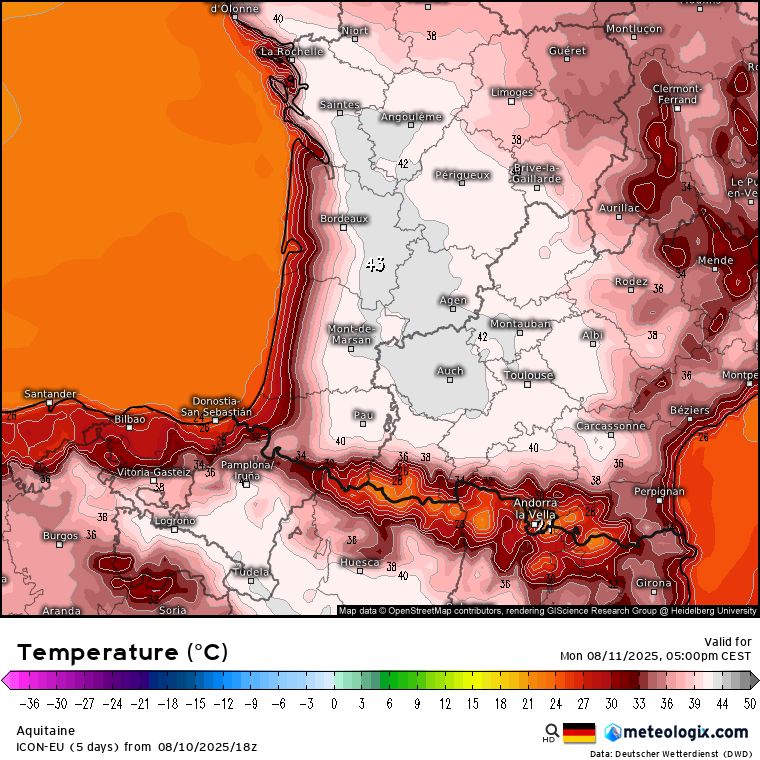Ja. In the drought 2019, a farmer burnt to death working in his wheat field. Macron's government then prohibited wheat harvest nationwide, it was that bad.
Replies
Never mind the effects on wildlife and increased chances of wildfire. In a decade or two, will we be talking about heatwaves of 52°C? We continue to subsidize fossil fuels to the tune of over a trillion dollars globally every year. But we have low pump prices. Yee Hawww.
In the news 2 months ago: the city of Paris is preparing for 50°C heatwaves, building cooling shelters within 10 minutes walk and such. 50°C doesn't sound enough, given how air release from AC ONLY in public buildings wd already raise outside temp by 3.6°C in Paris iopscience.iop.org/article/10.1...
I’m gonna guess 52° C is quite warm. About 125° F. Is there still an issue with EU having air conditioning? Animals adapt quickly. Shade in bogs or under dense tree foliage - they’re not stupid animals like humans are. In January it will be about record cold. And… so it goes.

